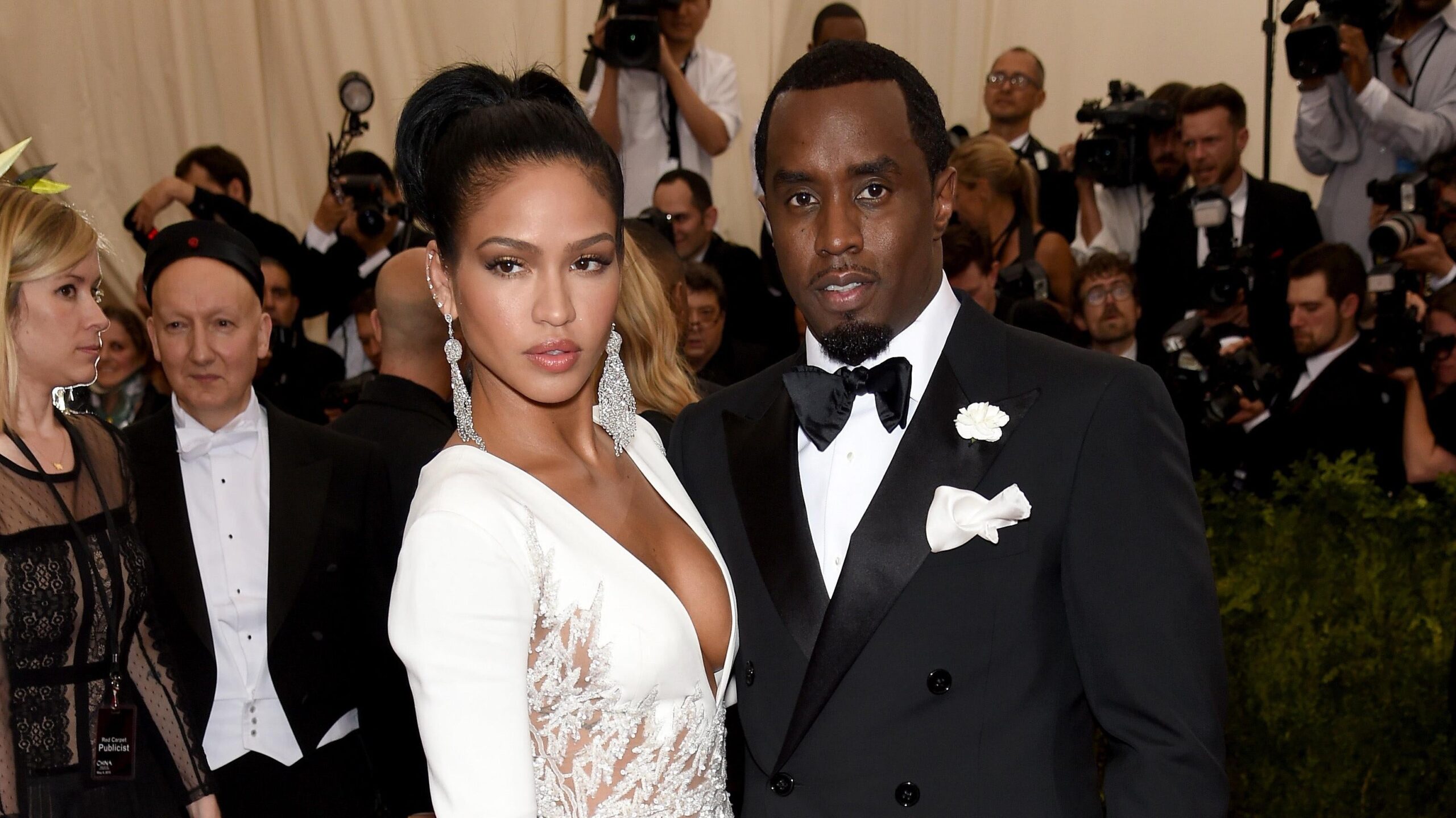Following several days of testifying to enduring years of domestic abuse in the Sean “Diddy” Combs trial, many folks have had one (aggravating) question for Casandra “Cassie” Ventura: Why did she stay with Diddy all those years? Well, the Feds’ latest witness answers that question.
Suggested Reading
Dawn Hughes, a forensic psychologist, took the stand Wednesday to testify on why people stay in abusive relationships. Though she’s a “blind expert” and doesn’t know the details of the relationship between Combs and Ventura, the prosecution is using Hughes’ testimony to add some context to what went through Ventura’s head.
Here are seven major points from the expert’s testimony:
Abuse Beyond Beatings
Hughes testified that other methods beyond physical violence can be used to trap victims in relationships.
“It’s about the power and control that the abuser has over the victim,” she said. This also affects the likelihood of a victim coming out to speak against their abuser.
“If you’re going against someone who has wealth, access and privilege,” said Hughes, adding that a victim may think, “Who’s going to protect me?”
Ventura previously testified that Combs had her whole career in his hands and “controlled a lot of her life” by having security surveillance 24-7, leaving Combs to make most career decisions and forcing her to depend on him financially.
Financial Dependence
Hughes said financial dependence is another reason why victims stay with their abusers. If an abuser controls certain resources, living expenses or anything else, it “sabotages a victim’s ability to have independence,” she said.
Ventura testified last week that she depended on Combs financially, noting that he paid her rent when she lived in New York and then also for a time when she moved with him out to Los Angeles.
Sexual Abuse
Hughes labeled sexual abuse as “a very private harm,” explaining that it makes it more difficult for victims to seek help or to leave.
“They experience a tremendous amount of shame, humiliation, degradation,” Hughes said. “They don’t want to talk about it. They don’t even want to think about it in their own brain.”
Ventura previously testified that in the beginning of the freak-offs, she performed for Combs out of love. However, at some point, she felt like she became a sex pawn for him and felt obligated to participate in fear of blackmail or violence.
Trauma Bonding
Hughes explained that even during the abuse, the love and care an abuser shows toward a victim can keep them in the relationship because they grow an attachment to those moments of hope, despite the violence.
Because of this, it can take multiple attempts to leave, Hughes said, creating a pattern of “returning and reconciliation.”
Ventura stated last week that she did communicate with Combs even after their breakup. Combs’ defense attorneys also pulled up some of the heartfelt messages she shared with him amidst the violence, where she commended him for being a great father and telling him she loved him. However, Ventura also testified that Combs had a way of building her up to then tear her back down.
Coping Mechanisms
Hughes testified that some coping mechanisms for domestic violence victims include fighting back or trying to work things out and “preserve the love.” On the other hand, Hughes said it’s common for victims to “numb” themselves with drugs and drinking.
Ventura previously testified that she would take a lot of the hard drugs provided by Combs during the freak-offs to dissociate from the events and just make it through to the end.
The Struggle to Leave
Hughes said victims wait months or even years to tell anyone about the abuse. She also said they can minimize the abuse when talking to people about it, making it seem less intense.
“They don’t want to label themselves … a victim. They don’t want to label their abuser as an abuser,” Hughes said. “It’s too painful to admit the fact that, ‘Somebody who loved me did this to me.’ They’re still in self-blame.”
Ventura’s ex-best friend said when the singer had the opportunity to tell police about the physical abuse, she refused to cooperate with them. She also said Ventura also said her friend was “over-exaggerating” about Combs’ violent tendencies.
Recollection
Hughes testified that victims often have issues with their memory due to trauma. While they remember the ‘core gist” of things, Hughes said they can sometimes have to fish through “fragmented memories.” Recollection can be triggered by sensory cues including sights, smells and sounds.
Ventura was questioned multiple times by Combs’ attorneys about her recollection of violent events, when exactly the events occurred and how well she remembered the details of them.
Cassie’s Allegations
The allegations against Combs of sexual abuse, physical abuse, bribery and various drug offenses were first brought forth by ex-girlfriend and Bad Boy Records signee Casandra “Cassie” Ventura in a lawsuit. The most notable claims were about his so-called “freak off” sex parties, where prosecutors allege the singer was drugged and forced to perform sexual acts with male sex workers at Combs’ pleasure. Ventura’s suit says she was ordered to hire the workers herself. He was also accused of using video footage to blackmail the victims into compliance. The two settled the day after the suit was filed.
Combs is facing multiple counts of racketeering conspiracy, sex trafficking and engaging in interstate transportation for prostitution. His indictment cites three anonymous victims in addition to Ventura. He has pleaded not guilty, and was denied bail.
Straight From 
Sign up for our free daily newsletter.



